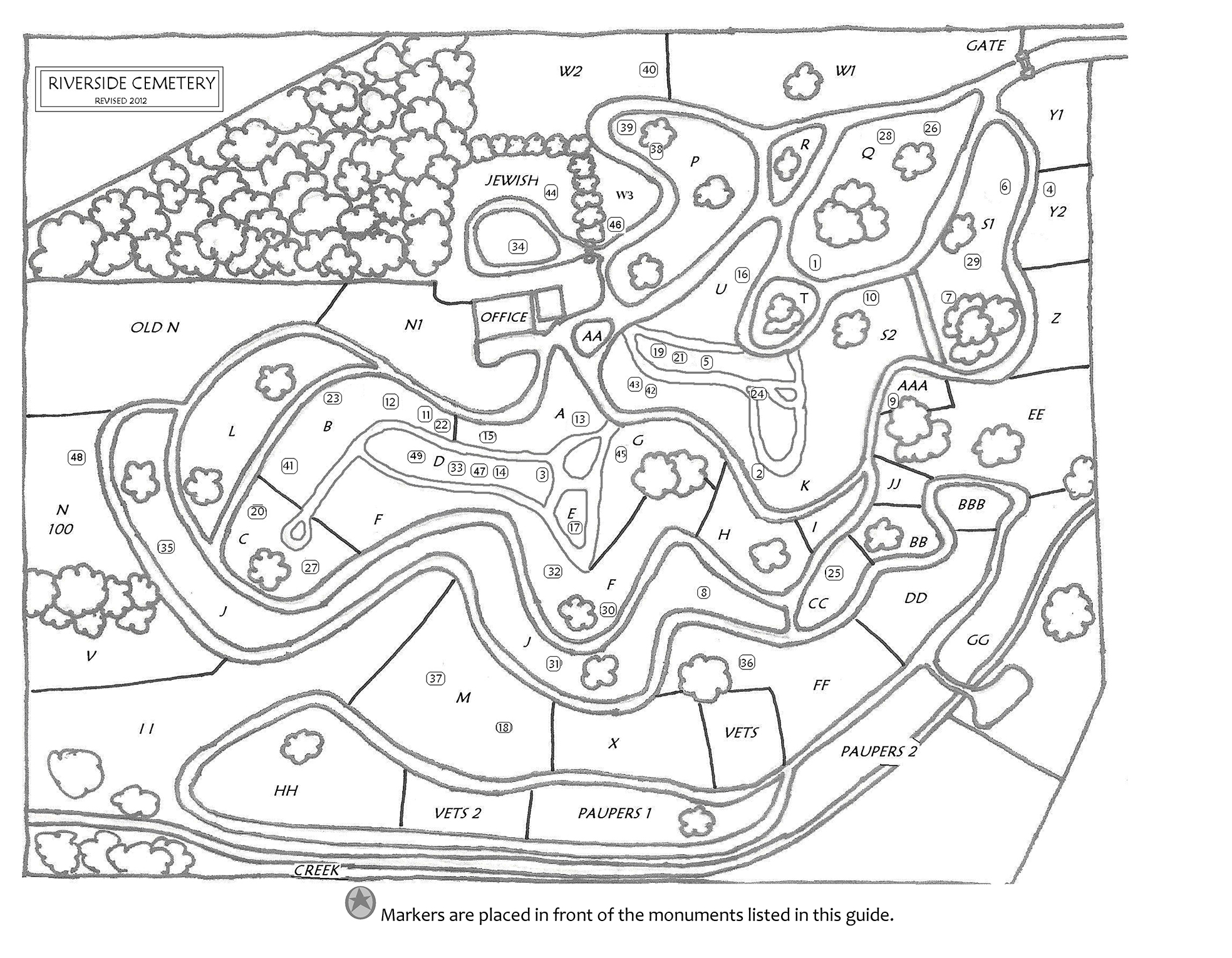Thomas Wolfe
Fun Facts
In 1998, the historic Old Kentucky Home in Ashville, North Carolina suffered damage in a fire that was later determined to have been the result of arson. Approximately 20% of the original structure and 15% of the artifact collection were destroyed. After intensive restoration to both the historic house and surviving artifact collection, the Old Kentucky Home once again opened its doors to visitors in May of 2004.
A signed, first edition of the Thomas Wolfe novel “Look Homeward, Angel” will set you back $2,800 to $16,000 depending on the condition of the book.
Cemetery Information:
Final Resting Place:
Riverside Cemetery
53 Birch Street
Ashville, North Carolina, 28801
USA
North America
Map:

Grave Location:
Section Q, Lot 1, Grave 6Grave Location Description
As you enter the cemetery Section Q is the first section you will encounter on your left. Continue to circle the perimeter until you are on the downhill side of the section looking at a 2-step concrete steps to his monument. Oh, and there are signs that will point his headstone out to you.
Grave Location GPS
35.6016160, -82.5698590Photos:
FAQ's
Read More About Thomas Wolfe:
- Wikipedia Entry
- Biblio - Thomas Wolfe
- Thomas Wolfe: Chapel Hill days and death from tuberculosis
- The troubled career of Thomas Wolfe
- The Thomas Wolfe Memorial in Ashville, NC
- The Thomas Wolfe Society
- The Louis Round Wilson Special Collections at UNC Chapel Hill - Thomas Wolfe
- North Carolina History - Thomas Wolfe
- Thomas Wolfe House, Downtown Asheville NC





